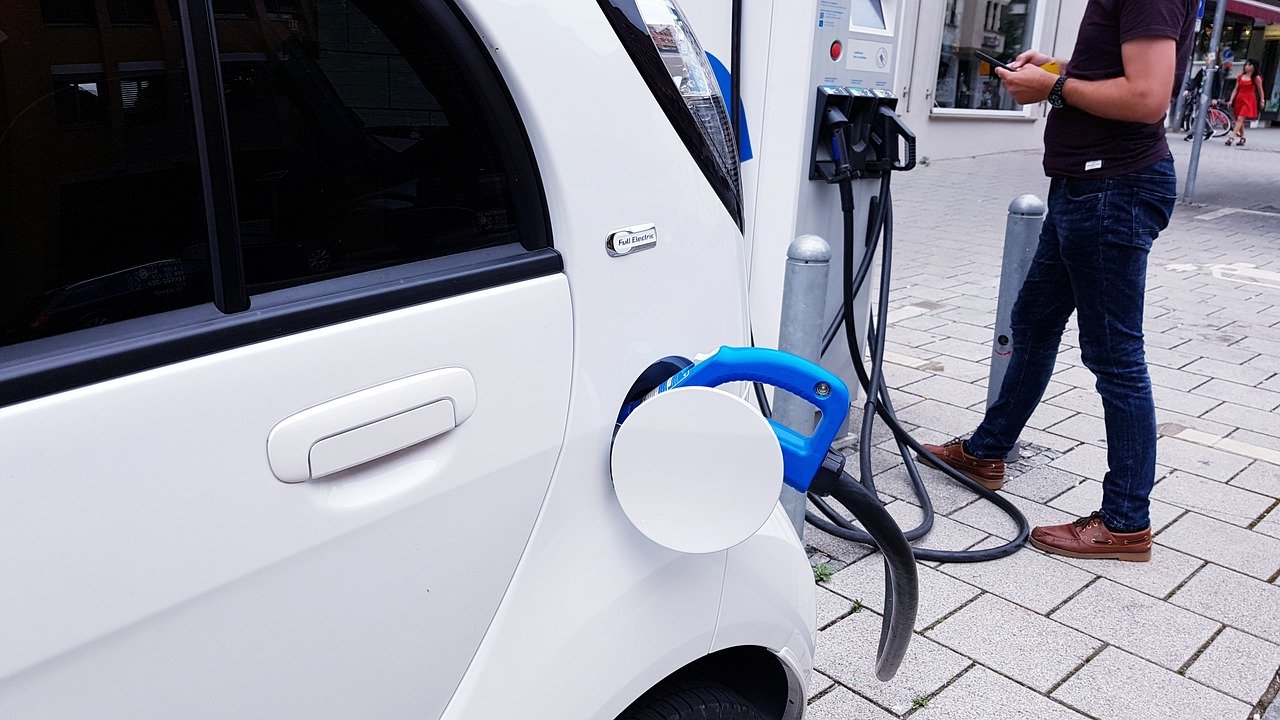 Hey, if you’ve popped in asking about what’s new with electric vehicles in NZ, here’s the deal. The government’s brought in some big changes to make EVs way more attractive for buyers. Basically, from June 13th 2021, you can get a decent rebate if you buy an electric or plug-in hybrid, and on the flipside, you’ll pay extra if you go for a new petrol or diesel vehicle.
Hey, if you’ve popped in asking about what’s new with electric vehicles in NZ, here’s the deal. The government’s brought in some big changes to make EVs way more attractive for buyers. Basically, from June 13th 2021, you can get a decent rebate if you buy an electric or plug-in hybrid, and on the flipside, you’ll pay extra if you go for a new petrol or diesel vehicle.
So, what does this actually mean for car prices?
After July 1st, if you pick up a brand new EV, you could get up to $8,625 back. Even if you buy a used one (maybe a Nissan Leaf, Hyundai Ioniq, or something a bit fancy like a BYD Atto 3), there’s up to $3,450 coming your way. Seen a few folks from Morrinsville and Ngaruawahia already talking about making the switch, especially with the price of petrol lately. There’s a catch though—cars over 80 grand (think most Teslas and posher stuff) don’t get the rebate. Vehicle’s gotta have a three-star safety rating or better, too. In the workshop, I see plenty of folks weighing up if an EV is worth it for real Hamilton life—traffic on Te Rapa Straight, stop-start along Peachgrove Road, and don’t get me started on the potholes near Rototuna.
What about those who stick with petrol or diesel?
Right, if you’re looking at importing a fresh petrol or diesel ride after Jan 1st 2022, you might have to pay a new fee. It’s a sliding scale, right up to $5,875 for something thirsty. For example, importing a brand-new Toyota Hilux or Jeep Cherokee will cost you a fair bit more, but if you’re buying a second-hand Honda Jazz or Suzuki Swift that’s already here, no extra charges—aimed at making it easier for folks in local towns like Cambridge or Te Kauwhata who rely on honest used cars.
How do these fees work?
It boils down to emissions. The worse-off the car is for emissions, the bigger the fee. For something small and tidy like a Mazda Demio or a little Yaris—piece of cake, hardly any charge. But if you’re after a bigger rig for lugging gear on the back roads to Ohaupo or Gordonton, could cost extra. The point is, the fee you pay on the petrol motors pays for the subsidies on the electrics. Simple trade-off, really.
Why are they making these changes?
It’s all about nudging Kiwis towards electric and hybrid cars. They want to close the price gap so folks can seriously think about an EV, not just look at it and laugh. After working on a whole bunch of hybrids and electrics lately—Prius, Hyundai Kona, Peugeot 208, even a few less-common MGs—we’re seeing more people give them a go, especially city drivers who are over filling up every week. Plus, with NZ lagging behind places like Europe and the States, it’s about catching up and cleaning up those foggy Hamilton winter mornings a bit, eh?
Who cops it the hardest?
Farmers, tradies, and anyone needing tough utes or vans—it’s not ideal for them yet. Not many electric options that’ll tow a horse float from Mystery Creek or carry scaffolding out to Raglan. Although, Ford announcing their fully electric F-150 truck means things are shifting. Give it a few years, you’ll probably see some solid electric options for all the jobs Kiwis need done.
Looking after your electric car in Hamilton
If you’re thinking about making the switch, or already cruising around in a Leaf, Outlander PHEV or maybe a Hyundai Ioniq, you’ll want a workshop that properly gets electric vehicle servicing and repairs. At Grimmer Motors, we’ve been sorting EVs for ages now—whether it’s checking the battery, fixing charging issues or diagnosing those weird warning lights that pop up after a cold winter morning parked on Ulster Street. Our techs have seen it all, from battery health checks through to sorting hybrid repairs on European or Asian models (hello, Renault Zoe and Honda Fit Shuttle Hybrid!).
If you’ve got questions about your own EV or are just thinking about it, drop in or give us a bell—happy to chat, no pressure. We’ve helped drivers from all over Hamilton and outlying towns keep their electrics running sweet as, no matter what the weather or the suburb potholes throw at them.

